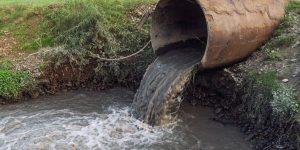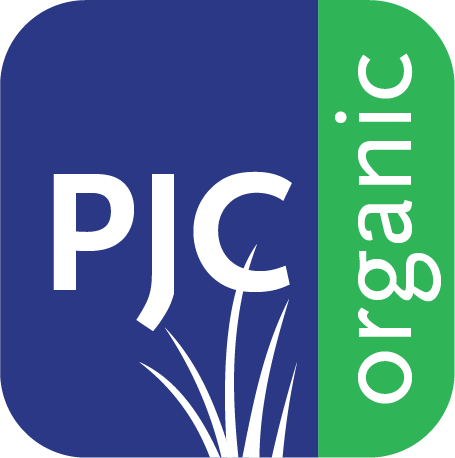What Are PFAS and Why are They a Concern?
PFAS, often referred to as “forever chemicals,” have been making headlines, for good reason. These chemicals have been found in household products, drinking water, soil, food, and even the air. Some experts say we’re stuck with them, while others argue we must take action. Connecticut is taking action in the fertilizer industry.
PFAS biosolids fertilizer ban in Connecticut: The Key Details
Effective July 1, 2025, the state of Connecticut is enforcing a groundbreaking regulation:
“No person shall use, sell, or offer for sale in this state any fertilizer intended for land application or soil amendment that contains any biosolids or wastewater sludge that contain PFAS.” (PFAS Fertilizer and Soil Amendment Notice)
Additionally, if your fertilizer or soil amendment product contains biosolids, manufacturers must provide a certificate of compliance verifying that the product is PFAS-free.
What Are Biosolids? Why Use Biosolids in Fertilizers?
 Many “organic” and “organic-based” fertilizers include biosolids. Biosolids are often used because they’re low-cost input. Although, here’s the catch:
Many “organic” and “organic-based” fertilizers include biosolids. Biosolids are often used because they’re low-cost input. Although, here’s the catch:
- Biosolids are the end product of municipal sewage treatment (yes, poop!).
- They may include industrial waste, prescription drugs, antibacterial agents, household cleaners, and PFAS.
- Heavy metals and chemical contaminants from these sources are a growing concern; especially for soils used in food production.
Because of these risks, the Organic Foods Production Act (OFPA) prohibits biosolids in certified organic agriculture. More recently, the EPA warned that chemicals in sewage sludge applied to pasture land could increase cancer risk in humans and animals (apnews.com).
What This Means for Organic Lawn Care
If you’re a homeowner, landscaper, or municipal buyer, this PFAS biosolids fertilizer ban in Connecticut underscores the need to carefully review fertilizer ingredients. Notably, pay attention to those labeled as “organic-based.” Many products may sound eco-friendly but could still include biosolids containing harmful PFAS.
PJC Organic Helps You Avoid PFAS
Alternatives to biosolid-based fertilizers
While it’s easy to feel overwhelmed by environmental contaminants, you have a choice in what you apply to your lawn, garden, or landscape. At PJC Organic, we support regulations like Connecticut’s that raise the bar for safety and transparency.
We believe healthy soil starts with clean inputs — no biosolids, no PFAS.
👉 Always read the label.
👉 Ask questions.
👉 Choose products you can trust.
Learn more from our related blog posts:
🔗 How to Choose an Organic Fertilizer
🔗 Chemicals in Sewage Sludge Fertilizer Pose Cancer Risk
